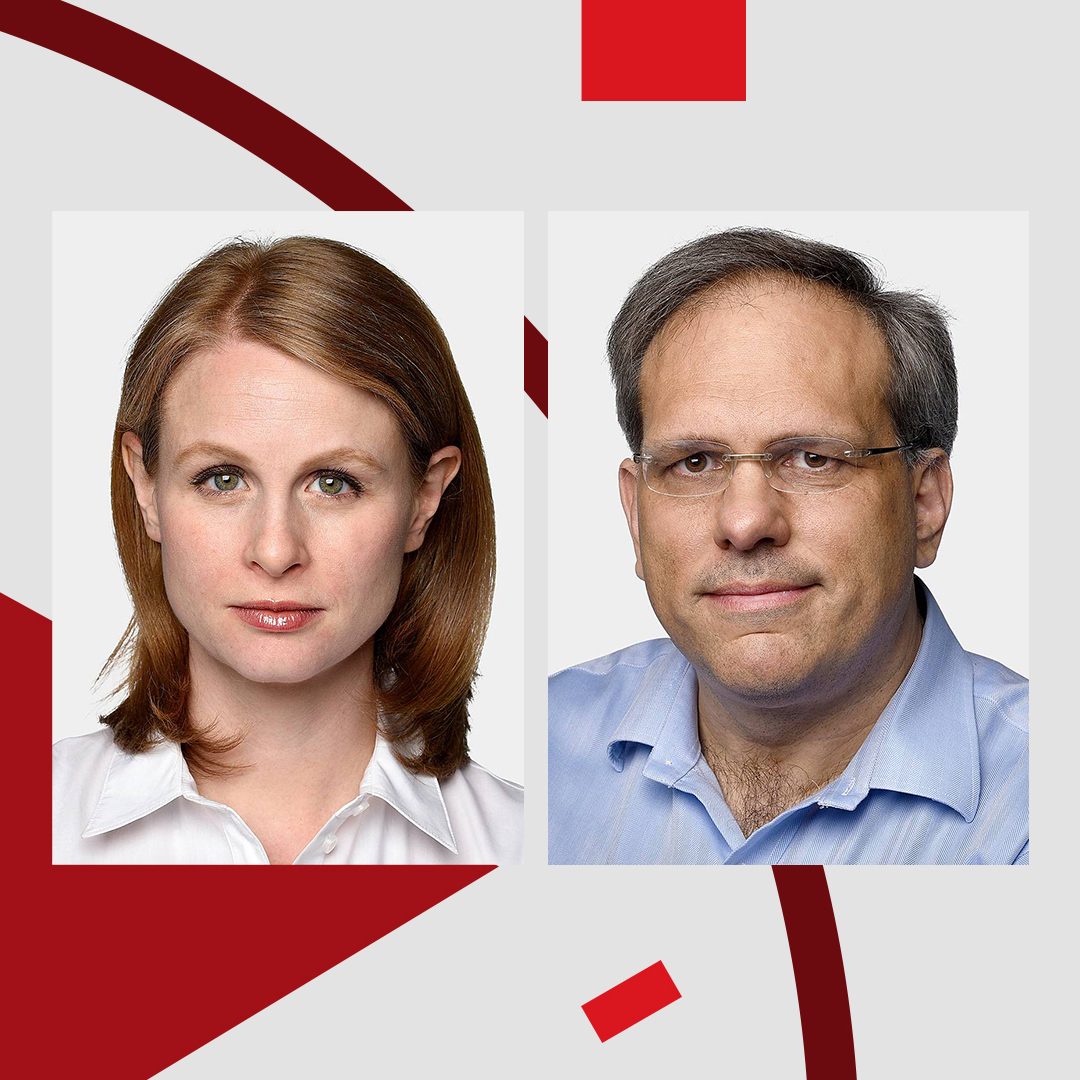People walk along Via dei Condotti as the government prepares to bring in further COVID-19 restrictions over the Christmas period, in Rome, on Dec. 14, 2020.YARA NARDI/Reuters
Central Rome on the weekend looked exactly like a pre-pandemic weekend just before Christmas – and that was the problem.
The main retail areas, such as the Via del Corso and the tangle of narrow streets around the Trevi Fountain, were packed with shoppers. They were wearing masks, but the sloppy physical distancing, which went viral on social media, triggered a harsh response from Italian health officials.
Domenico Acuri, Italy’s emergency coronavirus commissioner, went on TV to call the crowds “intolerable,” warning that “we must all prevent the third wave from taking place.” The Trevi Fountain was promptly sealed off, and more police were put on the streets to control the crowds and ensure that shops respected the maximum-capacity rules.
The clampdown came on the day Italy officially surpassed the U.K. in COVID-19 deaths, giving it Europe’s highest tally. By Sunday night, 64,520 Italians had died of the disease.

What we know about Pfizer's coronavirus vaccine, Canada's immunization plans, and more. Join science reporter Ivan Semeniuk and health reporter Kelly Grant for a Q&A on Facebook live on Tues., Dec. 15 at 1:00 p.m. ET
Italy and much of the rest of Europe are paying the price for lax controls over the summer and into the autumn and are rolling out new restrictions as the infection and death numbers go from record to record. Any hope among Europeans that they might enjoy a festive Christmas and New Year with friends, go to parties and restaurants and travel to visit relatives has all but vanished.
Even Germany is going back into strict lockdown Wednesday, only a few weeks after it had planned to ease restrictions to give Christmas some sense of normalcy. Germany had managed the pandemic better than most European countries, with relatively few infections and deaths. But the numbers have surged since November.
German Chancellor Angela Merkel and the governors of the country’s 16 states agreed Sunday that a tight lockdown was needed because the partial lockdown imposed at the start of November failed to slow the pandemic. “Corona is out of control,” said Bavarian Premier Markus Soeder, who is a front-runner to succeed Ms. Merkel in next year’s elections. “We are five minutes to midnight.”
Mr. Soeder and Ms. Merkel had been lobbying for weeks for tougher restrictions but faced a barrage of anti-lockdown protests in Saxony and other states. Ms. Merkel said the government had been “forced to act” when the infection rate climbed to more than 175 cases per 100,000 people per week – three times higher than the level at which the government believes it can conduct efficient contact tracing.
By Sunday, Germany had recorded more than 1.3 million infections and 22,432 deaths. “The situation is bitterly serious – thousands of deaths in a week and a rate of infection that is threatening to career out of control,” German President Frank-Walter Steinmeier said in a speech in Berlin Monday. “We cannot avoid restrictive measures.”
The new clampdown will see non-essential shops closed between Dec. 16 and Jan. 10; New Year’s Eve parties and the sale of fireworks banned, along with alcohol consumption in public places; curfews in virus hot spots, defined as areas with an infection rate of more than 200 cases per 100,000 people over seven days; and schools shut or switching to remote learning.
Other European countries were adopting similar measures. Italy, which was poorly prepared for the second wave, is banning non-essential regional travel between Dec. 21 and Jan. 6. Travel between cities and towns will be banned on Christmas Day, Dec. 26 and New Year’s Day. Nationally, the 10 p.m. curfew remains in place, as does the requirement to close bars, restaurants and cafés at 6 p.m.
The Italian restrictions are too little, too late, according to some Italian scientists. Andrea Crisanti, the prominent University of Padua microbiologist who conducted Italy’s earliest tests on asymptomatic transmission, has said a third wave is inevitable and that Italy’s failure to greatly expand its test-and-trace system in the summer and early autumn was a big mistake.
“Before the vaccine takes effect, months will pass, and a worrying winter awaits us,” he told La Repubblica newspaper last week.
France is also bringing in new restrictions and delaying the lifting of some old ones after determining that the rate of new infections was falling too slowly. The government had said restrictions would not be eased until new daily cases fell to 5,000, but they have been two to three times higher than that in recent weeks.
France was supposed to reopen cinemas, theatres and sports arenas on Dec. 15. They will stay shut for another three weeks. The 8 p.m. to 6 a.m. curfew that will come into effect Tuesday will be lifted for Christmas Eve but not New Year’s Eve, and gatherings will be limited to six adults.
Sweden, one of the few countries in the world that did not lock down its economy during the first wave, has been busy adding restrictions in an attempt to prevent COVID-19 infections from overwhelming its hospitals, with the region of Stockholm warning last week that 99 per cent of its ICU beds were full. Public gatherings are now limited to eight people, and bars and restaurants must close by 10:30 p.m.
Sweden’s pandemic experience has been far worse than Norway’s or Finland’s. In the past month, Sweden has reported 1,400 COVID-19 deaths. Norway had 100 and Finland 80 in the same period.
Science reporter Ivan Semeniuk outlines how Canada benefited from researchers working in parallel and accelerated the approval process to have a safe COVID-19 vaccine ready so quickly.
Sign up for the Coronavirus Update newsletter to read the day’s essential coronavirus news, features and explainers written by Globe reporters and editors.
 Eric Reguly
Eric Reguly